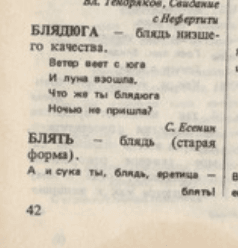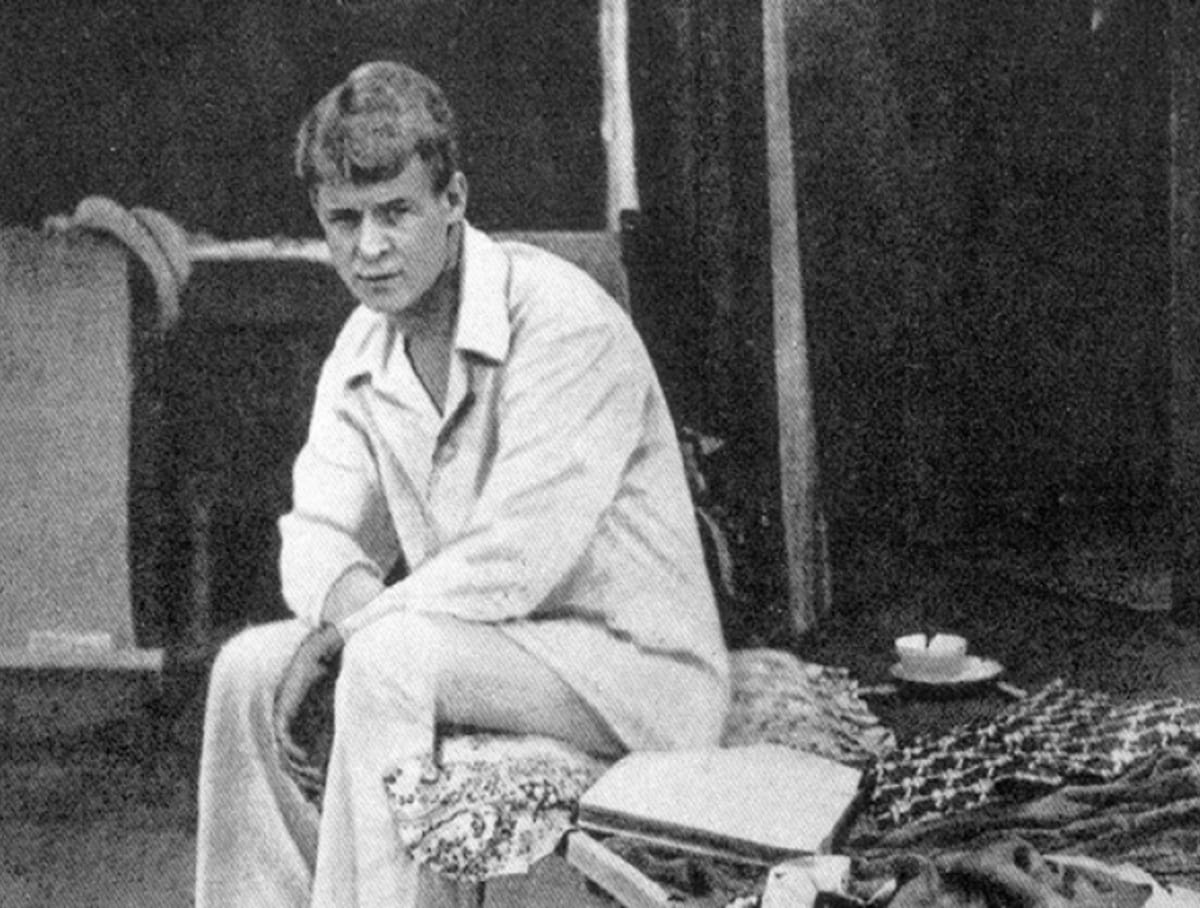On the Internet you can find an obscene poem attributed to Sergei Yesenin, which begins with the line “The wind blows from the south.” We decided to check who the real author of this work is.
In April 2021 in one of the Kurgan schools happened scandal: a student read a poem in a literature lesson, claiming that the lines using obscene language belonged to Yesenin. After video His speech went viral on social networks, the city administration organized an inspection at the school, and held a conversation with the students about the inadmissibility of using swear words. Some media, including "Teacher's newspaper“, they did not question Yesenin’s authorship. “The wind blows from the south” with exactly this attribution can be found on many sites dedicated to classical poetry: for example, Here, Here And Here.
The main source in such cases is the most complete collection of the author’s works. At the time of writing this analysis academic collected works Sergei Yesenin in seven volumes (nine books), published from 1995 to 2002. The first three volumes correspond to books published in 1926 immediately after the poet’s death, the rest contain poems, dedicatory inscriptions, documents, photographs and bibliography.
There is no poem beginning with the line “The wind blows from the south” in the academic collection. However, in the notes to the fourth volume it mentioned in the section “Poems, the attribution of which to Yesenin is very doubtful (archival lists) or the source of the text is unreliable (publications).” The source is also indicated here: A. Flegon, “Beyond Russian Dictionaries.”
This book, which is a dictionary of Russian obscene vocabulary using literary quotes as an example, was compiled by the American publisher Alec Flegon. The academic collected works of Yesenin indicate the 1973 edition. There really is such a poem in it (at least the first quatrain), and its author is Sergei Yesenin.

Among the Russian literary emigration, Alek Flegon had a very controversial reputation. Writers complained that he pirated their books without permission. Alexander Solzhenitsyn thought Flegon was a KGB agent and was sued over the publication of the first volume of the Gulag Archipelago. “I published my “Candle in the Wind” with the loss of one typewritten page and didn’t even make a mistake, but put it together haphazardly, without meaning. He published “In the First Circle” under the wild title “In the First Circle” - and a wild number of typos, rarely 10 per page, sometimes 20–25! And I lost whole chunks of the text again (the chapter “The Birth of Science”), and the names of the characters were distorted. This Phlegon published me so carelessly and disregardingly, as if he wanted to cause me as much harm as possible, as if deliberately spoiling my book,” Solzhenitsyn wrote. The publisher's dishonesty complained and Stalin's daughter Svetlana Alliluyeva, and the poet Andrei Voznesensky.
“The Wind Blows from the South” is not the only poem attributed to Yesenin, the primary source of which is considered to be the book “Beyond Russian Dictionaries.” Compilers of the complete works of Yesenin note two more such examples: “Rotten autumn has long arrived” and “A flock of sparrows flew screaming.” As in the previous case, there are no earlier references to these poems.
In the preface to his book, Alec Flegon did not hide the fact that he treated sources very freely: “When indicating the source, I used the following principle: if the quotation is taken from a famous author or if it does not have special significance, then I believed that it was enough to indicate only the name of the author.” Compiler of a similar dictionary (“Russian mat. Anthology") Farhad Ilyasov in the review article "Dictionaries of Russian obscenities - the history of hoaxes and literary creativity“wrote that Phlegon’s book is not distinguished by either the depth of its research or its seriousness. He draws attention to a large number of openly humorous articles. Thus, the word “buttock” is explained as “half of the ass.”
Therefore, we can assume that some of the examples in Phlegon’s book were simply invented by the author or borrowed from folklore. This, apparently, also applies to the quatrain “The wind blows from the south” - there is no evidence that it was written by Yesenin.
Cover photo: esenin.ru
- Is it true that Pushkin is the author of the poem “The Eternal Lackeys of Europe...”?
- Is it true that Pushkin wrote a poem about quarantine that became popular in the spring of 2020?
If you find a spelling or grammatical error, please let us know by highlighting the error text and clicking Ctrl+Enter.






